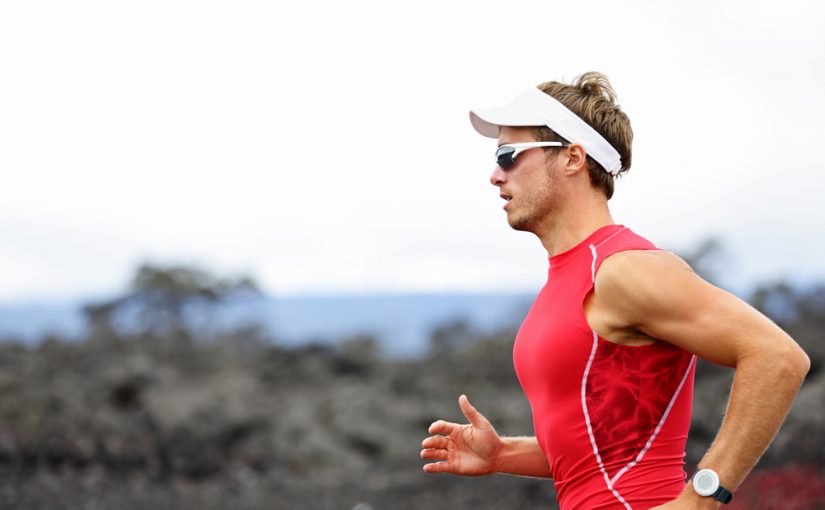Whether you’ve decided to hit the gym or prefer to train outside on your own, you may fall into overtraining. In fact, people who “self-train” without the advice, planning and supervision of a personal trainer or the necessary knowledge about it end up facing the dreaded problem of overtraining, a very common phenomenon in endurance sports.
For this reason, we never tire of saying that rest and food play a key role in preventing overtraining and improving our physical performance. Read on to discover the best tips to avoid overtraining and learn how to exercise properly during your training sessions.
Common phases of overtraining
To understand what overtraining is, you should know that it is about a decrease in the ability and performance to exercise, something that causes an imbalance between training and rest of the athlete and a significant lack of motivation. In other words, with the obsession to improve our physical condition and achieve the established goals, we cannot dedicate the necessary hours to rest and recovery after intense training, and, as a consequence, our body and our mind suffer.
Alterations in heart rate, muscle pain and accentuated stiffness, decreased performance, stress, more tendency to injuries. These are just some of the physical symptoms of overtraining. Thus, to identify overtraining in time and find an effective solution, it is important to know the phases through which this phenomenon passes. We help you to know if you have fallen into overtraining with the phases that we indicate below:
- Overload phase: this is a normal process that occurs when you increase the volume or intensity of training.
- Phase of excess load: in this period there is a notable decrease in the athlete’s performance.
- Overtraining phase: there is chronic fatigue and a great lack of motivation. There may also be periods of insomnia and even loss of appetite.
How to prevent overtraining syndrome
Do you want to know how you can avoid overtraining? In addition to having the help of a personal trainer to plan your training routine and a nutritionist who tells you the best diet to follow, the best way to alleviate the symptoms of overtraining is to rest after exercising. Keep in mind that, in some cases, recovery can take up to 8 weeks, as we can put our health at risk.
Therefore, and if you want to prevent overtraining, it is vital that you start training safely, and know well the technique of all the exercises you want to perform. It is also important that you learn to listen to your body and that you know your limitations to adapt your training to your needs and physical condition.







